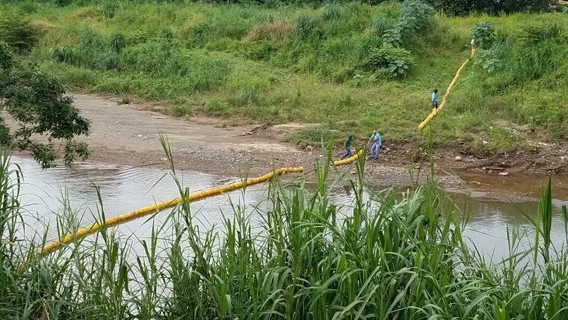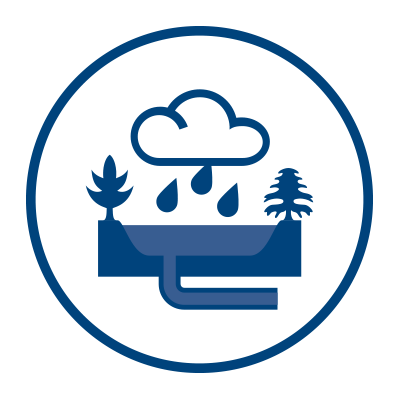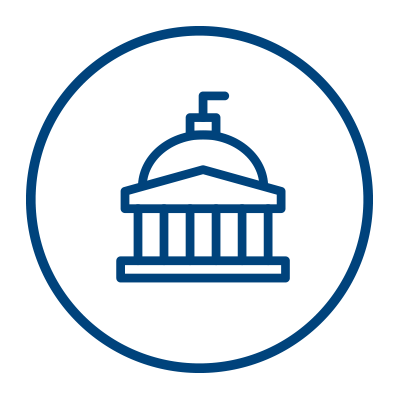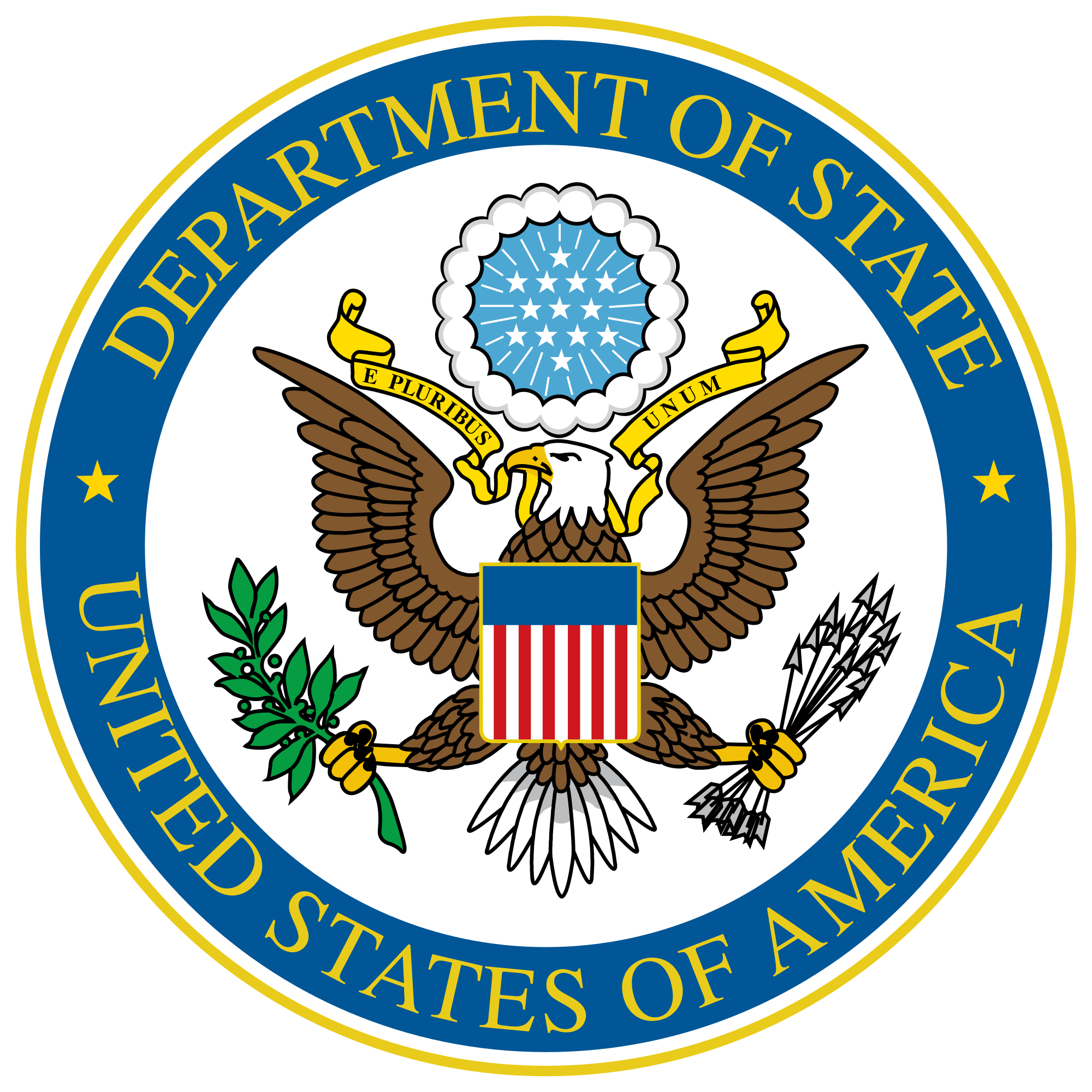Community-Based Efforts to Contain Trash and Protect Waterways

The Story
The U.S. Environmental Protection Agency (EPA) has worked with Panama, Jamaica, and Peru, in collaboration with the U.S. Department of State and Peace Corps, to reduce their land-based sources of trash pollution in waterways. EPA’s Trash Free Waters (TFW) approach is a stakeholder-based strategy to reduce land-based sources of marine litter through better management of trash pollution in inland waterways and coastal waters. These practices focus on community-based efforts that prevent and reduce trash in waterways and, ultimately, the oceans. Decreasing trash loads also protects water resources by improving water quality, as trash can contaminate vital freshwater resources that communities rely upon. EPA partnered with the Peace Corps and the UN Environment Program’s Caribbean Environment Program to comprehensively address this issue.
The three countries were selected based on a variety of criteria, such as prioritizing marine litter and land-based pollution, working with the Peace Corps, and seeing trash as impacting tourism in a major way. TFW International launched with a top-down coordination effort with the national governments and bottom-up capacity building and technical assistance program with stakeholders in the countries. Peace Corps was a key partner because of its hands-on work in local communities and the potential to implement environmental protection programs at the grassroots level.
In Panama and Jamaica, Peace Corps Volunteers worked in their communities to help identify, prioritize, and tackle problems that lead to trash pollution in waterways. The U.S. Department of State also partnered with EPA in Peru to provide in-country assistance with the national government.
In 2017, the TFW International effort partnered with officials in Jamaica and Panama. Together, they convened dialogues that brought national, regional, and local governments, as well as civil society organizations, academia, the private sector, and citizens to the table to explore more effective ways to reduce the amount of trash that enters inland/surface waterways and coastal waters. These stakeholders identified and prioritized solutions that were relevant and appropriate for implementation in their communities. The solutions were implemented by a national NGO called ANCON, in 2018.
Specifically, in Panama, stakeholders installed two trash booms to highlight the possibility of controlling the flow of trash in a highly polluted Panama City river before it reaches the ocean. Similarly, Jamaican stakeholders collaborated with Peace Corps Jamaica and the Sandals Foundation to focus efforts in two communities to conduct a community perception survey on solid waste management practices, public awareness, trash bin distribution, recycling, and composting. This community perception data helped to inform a larger investment from the UN Environment Program’s Plastics Initiative in Jamaica. It will also be used by the national government to help gauge littering behaviors of its citizens to better design projects that address the problem of littering. EPA's TFW International efforts can be highlighted as a cross-collaborative effort with the U.S. Government and foreign governments to protect inland waterways from trash and other related pollutants that can flow into marine and coastal environments.
Find More
Strategic Objective(S)
 Water Resources Management
Water Resources Management
 Governance and Financing
Governance and Financing




Highlight